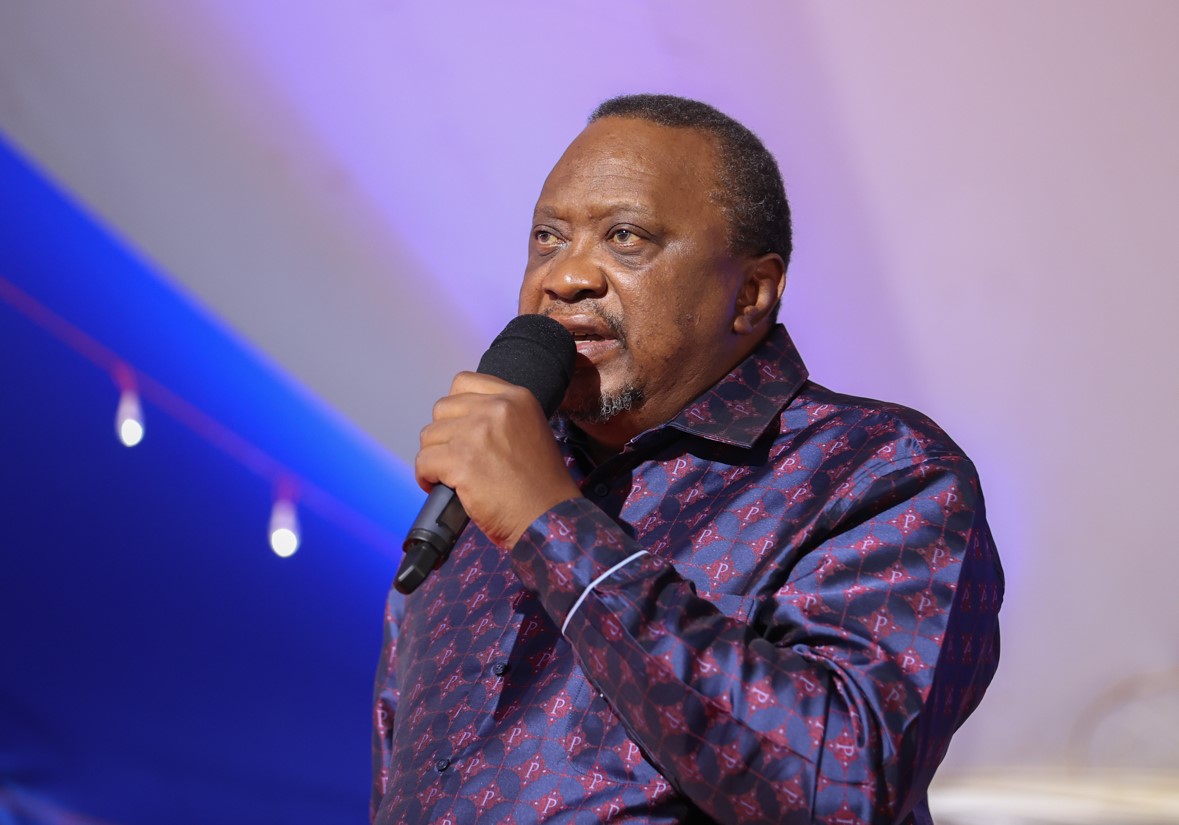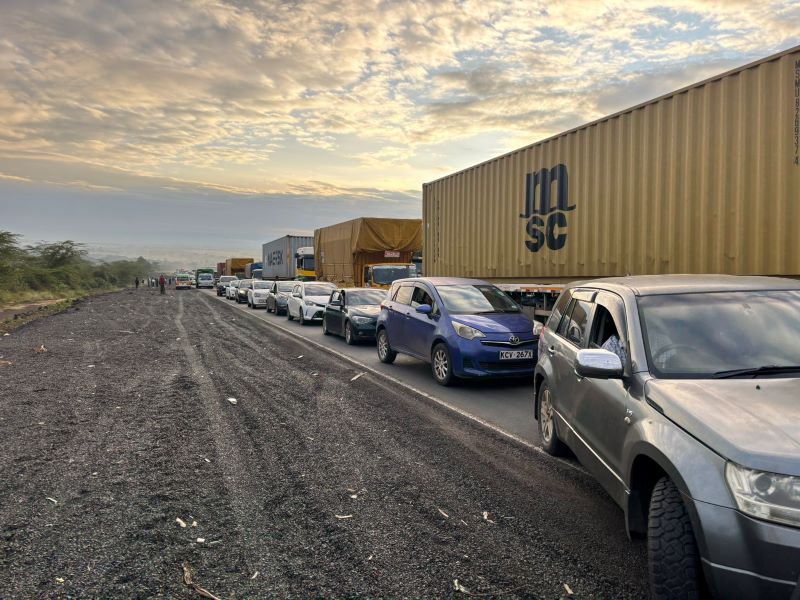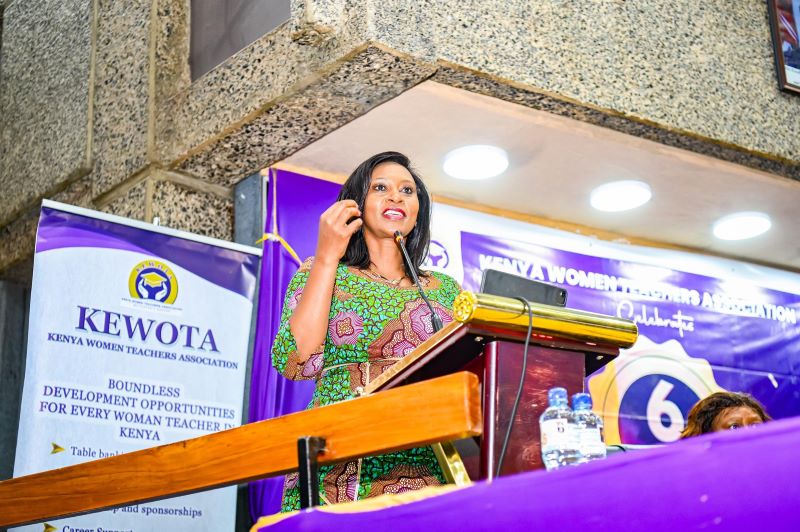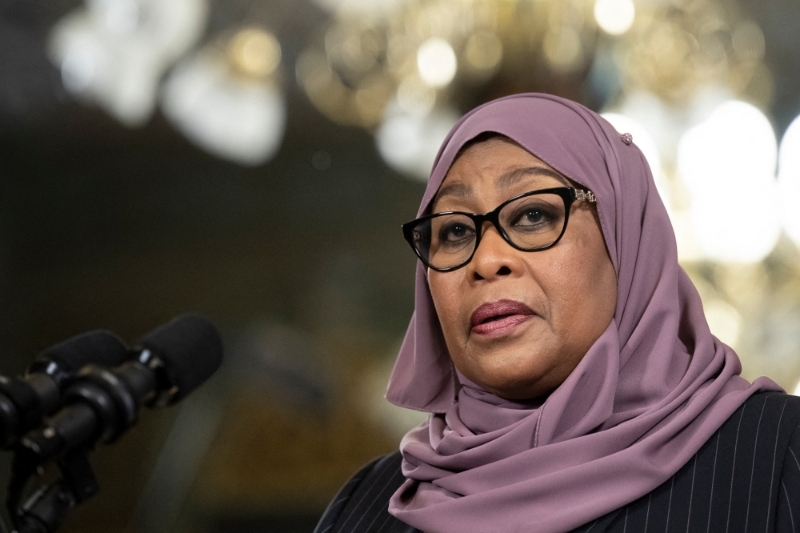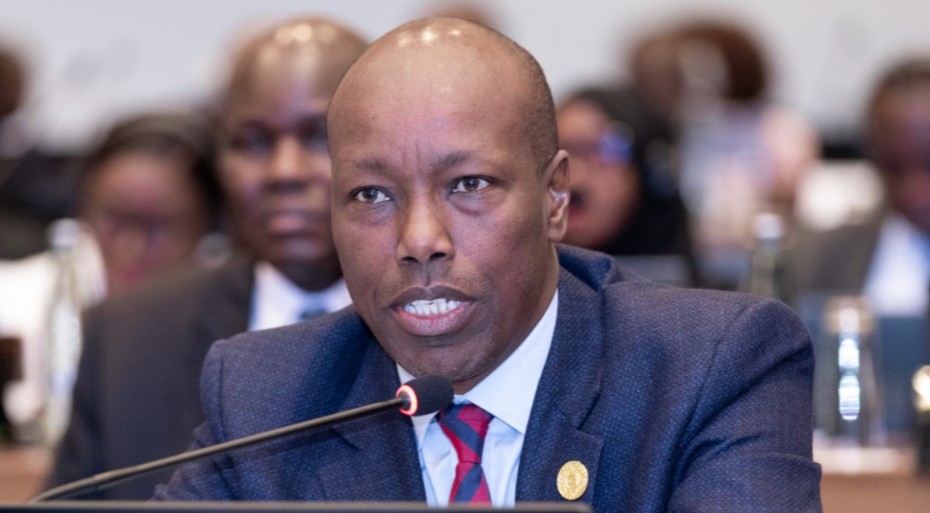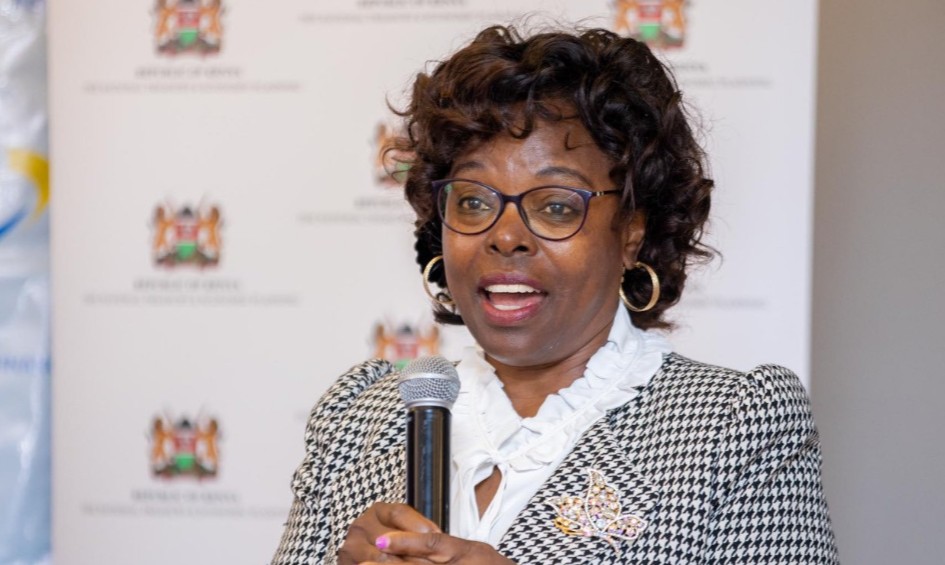Opinion: Religious leaders must protect places of worship from political rhetoric
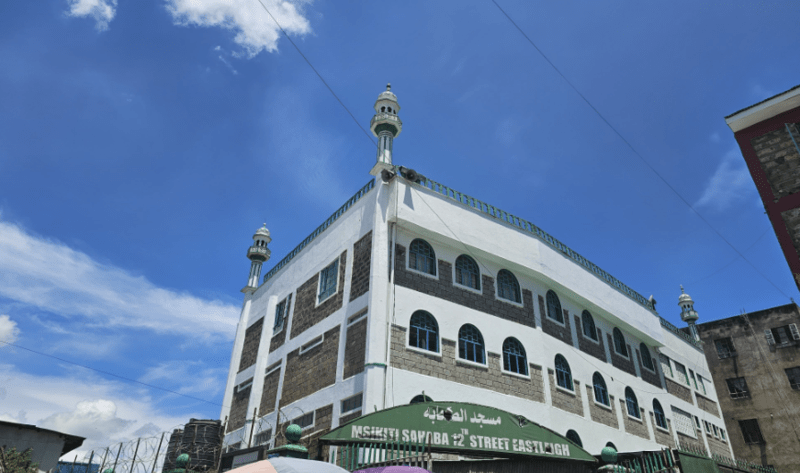
The intrusion of politics into the pulpit disrespects the religious institutions themselves and the congregants who attend services seeking spiritual nourishment, not political rhetoric.
Have you ever seen people walk out of a meeting when a politician just starts giving a speech?
In Mombasa, especially in mosques, this is a normal thing. Last Sunday, I got to pray my Dhuhr (lunch prayer) at the Mama Ngina Waterfront Mosque. Two politicians joined the prayers at the mosque.
More To Read
- UDA women leaders demand removal of Nyali MP from PSC over disloyalty, divisive politics
- Matiang’i alleges government insiders behind chaos and violent protests in Kenya
- Matiang’i condemns religious gimmicks in Kenyan elections, urges focus on honest leadership ahead of 2027 polls
- Mombasa religious leaders slam Gachagua over 'inflammatory' remarks, call for legal action
- A legacy of leadership: Prof Kivutha Kibwana’s journey of service and dedication
- Karua: History will not be rewritten to erase Raila’s sacrifices
The preacher was overjoyed that his modest mosque had received visitors and chose to welcome everyone by name and ask them to greet the people. Immediately the politicians rose to speak, and half of the mosque became empty as people began to leave.
This is not a display of disrespect to the leaders, but rather of respect for religion. When the politicians took to the microphone to greet the faithful, they excused themselves, claiming that “it is not normal for us to give speeches in mosques.”
This is how politicians should feel when they visit any place of worship, not just mosques. Unfortunately, churches have become platforms for political discourse.
Lately, there has been a worrying trend of politicians flocking to different churches on Sundays and using the pulpit to either attack their opponents or give political speeches.
If you look at most of the news reported this week by various media outlets, you will see that most of it was based on what politicians said at the different churches where they attended services.
I don't want to breach religious lines, but we must handle this as a nation. We cannot allow places of worship to be turned into political rallies.
Places of worship have traditionally been sanctuaries where people can practice their faith, seek solace, and find fellowship.
They are spaces where people come together to connect with something greater than themselves, to reflect on their values, and to find guidance for leading ethical and moral lives.
However, when politicians enter these spaces, not as humble seekers of spiritual nourishment but as opportunistic campaigners, they undermine the sanctity of the church and diminish its role as a refuge from the tumult of the outside world.
The intrusion of politics into the pulpit disrespects the religious institutions themselves and the congregants who attend services seeking spiritual nourishment, not political rhetoric.
When politicians use these platforms to launch attacks on their opponents or to deliver partisan speeches, they exploit the church's goodwill and alienate the congregation with differing political views.
Houses of worship should be places of unity, not division, and they should remain neutral grounds where all are welcome regardless of their political affiliations.
Congregants may begin to question the sincerity of their religious leaders and the motives of the politicians who seem to exploit their faith for personal gain.
This erosion of trust can have far-reaching consequences for our society, weakening the bonds that hold us together and undermining the foundation of our democratic institutions.
Church leaders should protect the places of worship and their faithful from these politicians.
The writer is a Mombasa-based communication and marketing expert. [email protected]
Top Stories Today
